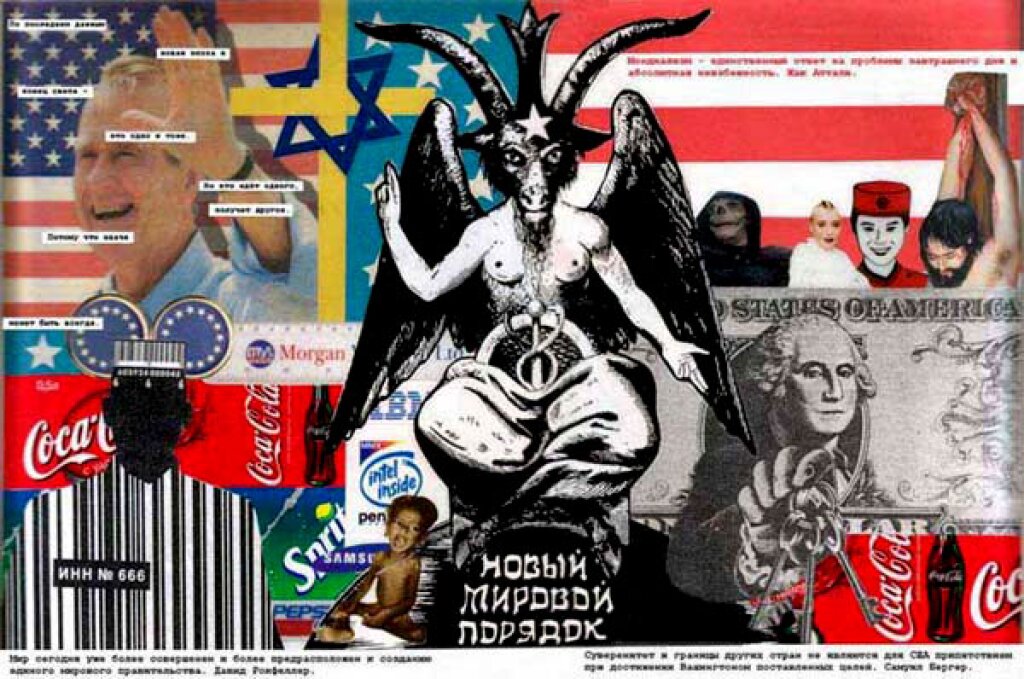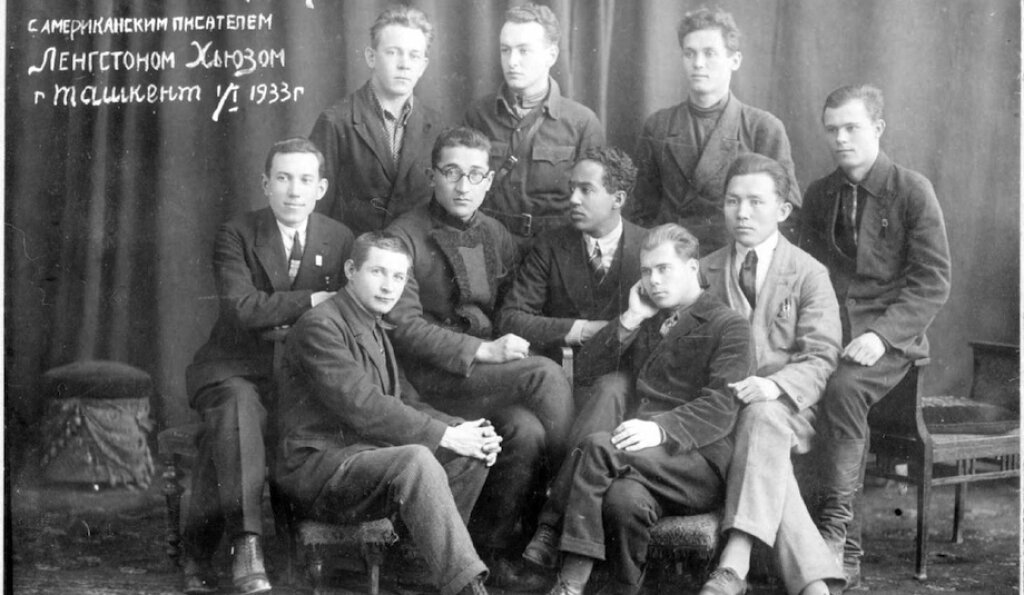All it takes is an hour or two of Russian state television to learn that someone is plotting against Russia. Watch for a few more hours, and you'll find that everyone is plotting against Russia. Watch for a few more days, and the truth comes out: Russia is plotting against Russia.
Thanks to the increasingly baroque explanations of “what really happened” to Flight MH17, the Western media have turned their attention to a feature of post-Soviet Russia that is all too familiar to those of us who’ve been paying attention: Russia has become a world leader in the production of conspiracy theories. Until now, Russian conspiracy theories have been for domestic consumption (no network of pipelines exports them to Europe and beyond). This is to be expected; while that tsarist forgery
The Protocols of the Elders of Zion
continues to be a world-wide hit, Russia’s more recent forays into paranoid fear-mongering (centered on post-Soviet Georgia and Ukraine) are a tough sell on the global market. Conspiracies, like riddles, depend on the audience’s familiarity with the objects in question. People who haven’t even heard of alien abductions can’t be expected to obsess over anal probes. But now Russian conspiracy is ready for prime time, or at least for late night.
The New Republic
’s Julia Ioffe gave a delightful synthesis of Russian MH17 counternarratives
when she appeared on The Colbert Report
. MH17, it turns out, is actually the original missing Malaysian airliner, which had been captured by the Americans, spirited away to the Netherlands, filled up with corpses, and then flown out over Donetsk, whereupon the pilots parachuted to safety before the on-board explosives brought the plane down. To Colbert’s audience, this sounded less like a theory than like a punchline, Ioffe’s gracious gift to her famously funny host. Russia did not become Conspiracy Central overnight. But rather than blame the “Russian mentality” (whatever that is), we should recall how information had been handled by the country's authorities in the last half of twentieth century. The Brezhnev era was marked by any number of shortages of this or that consumer good, but what was truly in short supply was information. The state media and government famously restricted access to news and cultural production. Though the USSR's official ideology was, of course, communist, its approach to information was decidedly mercantilist: information was a scarce resource to be conserved, if not hoarded, and the State jealously guarded its stash of information like a dragon sitting on its treasure trove of gold. But the absence of gold encourages the development of alternative currencies. The paucity of reliable information, and the nakedly partisan nature in which information was presented, not only facilitated skepticism about official pronouncements, but also left a knowledge vacuum easily filled by speculation and rumor (far from hard currency, but it was all that people had). Again, the effects of information deprivation went far beyond the national boundaries; in the West, Kremlinology thrived on a paranoid, conspiratorial mindset that combed over every word in
Pravda
and every movement in a state funeral for something on which to construct an often shaky hypothesis.
Cataloguing the conspiracy theories that thrived on the margins of official Soviet culture would take an entire book, so I’ll just provide a brief taste here: Grigory Klimov’s “Harvard Project,” which argued that Russia has been under siege for decades by a cabal of genetically defective Jews and homosexuals, plotting the country’s downfall from behind the ivy-covered walls of America’s most famous university; and the “Dulles Plan,” which calls for using all of America’s “material strength” to “turn people into idiots,” while the country's enemies "switch out [Russia’s] values for false ones and make them believe in these false values“ By the 1980s, Gorbachev’s perestroika inadvertently opened the conspiratorial floodgates. Before glasnost, the facts had been known or suspected, or speculation had filled in the gaps. The exposure of the hidden truth may have meant the end of specific secrets, but it ultimately confirmed the prevalence of secrecy and the validity of conspiratorial thought (“Who knows what else they’re keeping from us?”). In the torrent of revelations and scandal that made up the nightly news after the collapse of the USSR, the rule of thumb was: the more horrible the story, the more likely it is to be true. The brilliance of Putinism lies in the regime’s management of the public’s habitual cynicism by appropriating the tools of conspiracy-mongering. Putin’s team has coopted the language of conspiracy and falsification so thoroughly that all attempts to ascertain any objective truth collapse into false equivalencies. As the 2012 protest movement captured video after video of suspicious election activity, police brutality, and corruption (i.e., uncovering a state conspiracy to claim power through unlawful means), state television responded with charges that the falsification itself had been falsified. Here I should note the contrast between the way conspiratorial accusations are typically handled in the US, and the way they are handled in Putin's Russia. In the States, the guiding principle is not to engage, because engaging simply feeds the beast (hence the long months before Obama's final, anti-climactic release of his long-form birth certificate). The Kremlin's response is to engage at all costs, because feeding the beast is in the regime's best interest. So we should not be so surprised that so many absurd stories about MH 17 are reported and repeated throughout the country. The dismissal of any unpleasant accusation as a “provocation” by the enemy has been a reflex of the state media for at least a decade. The truth, by its nature, can never be simple. Nor should we forget that conspiratorial explanations are powerful at least in part because, on rare occasions, they can turn out to be true. In the Fall of 1986, when I was studying in Leningrad, a friend showed me a Soviet newspaper report that Ronald Reagan’s government was selling arms to Iran in order to fund the Contras, the right-wing rebels who were trying to overthrow Nicaragua’s socialist government. We both rolled our eyes. That was the most ridiculous thing we had ever heard. Still, you had to hand it to those Soviet propagandists. Every now and then, they displayed a real spark of imagination.



